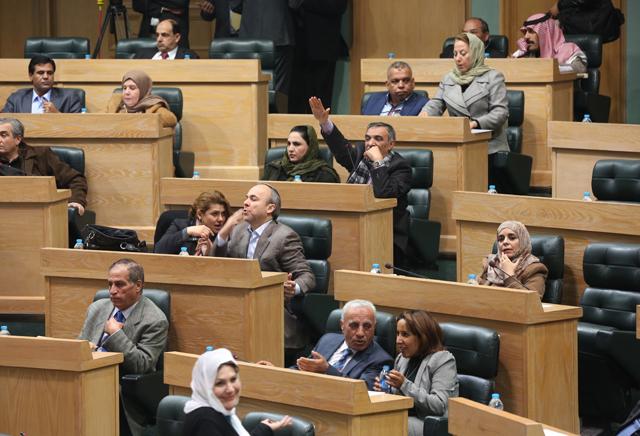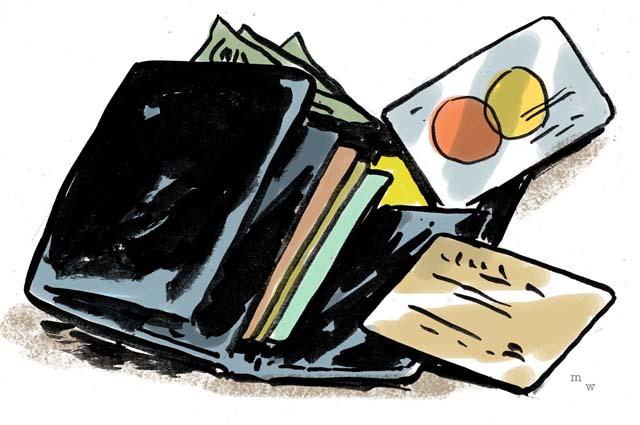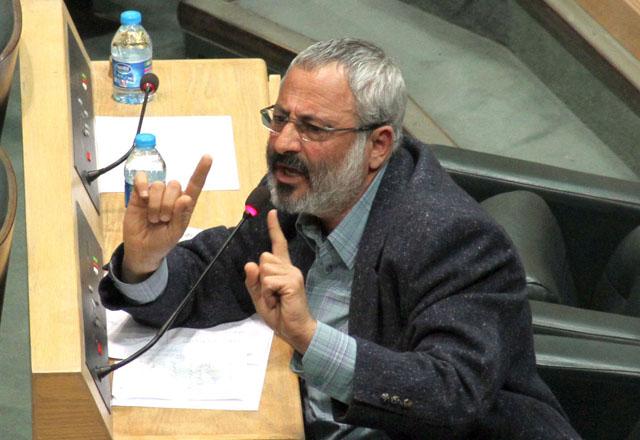AMMAN — The relationship between Arab intellectuals and regimes does not necessarily entail conflict, according to renowned Egyptian novelist Youssef Ziedan.
Speaking at a lecture on the role of intellectuals in light of current events in the region held recently at Abdul Hamid Shoman Forum, Ziedan said intellectuals are not always victims of the authorities, citing examples from modern and classical Arabic literature.
“While regimes use weapons to suppress dissent, intellectuals can sharpen pens and target those very regimes. They can even be more effective than the weapons themselves,” the author said.
However, intellectuals — as a power within their own right — should work in harmony with authorities instead, to contribute to positive change in society, argued Ziedan, whose historical-theological novel “Azazeel” won the International Prize for Arabic Fiction or the “Arabic Booker” in 2009.
The author said that intellectuals, whom he described as figures whose opinions are heard and respected by the public, can inspire change in their communities through seemingly simple ideas.
Ziedan, who has written over 50 books, said this impact can be best described as “the butterfly effect” — the phenomenon referenced in chaos theory whereby “a minute localised change in a complex system can have large effects elsewhere”, according to the Oxford Dictionary.
“[Palestinian poet] Mahmoud Darwish’s work is the best manifestation of the butterfly effect, as he summoned details from his childhood, such as the smell of bread and the sound of warplanes, and employed them within the structure of the text” to create a great poignant effect, he explained.
Ziedan — a university professor, public lecturer and columnist — said intellectuals should be aware of the impact that they have on the lives of others.
“The intellectual should enjoy subjective and objective traits; he/she should be educated and a good reader, someone whose impact is limitless,” the Egyptian author added.
Speaking to The Jordan Times about the recent wave of Arab uprisings referred to as the Arab Spring, Ziedan said that historically, revolutions have been the last of all means that humans have resorted to, only when all other options were not viable.















